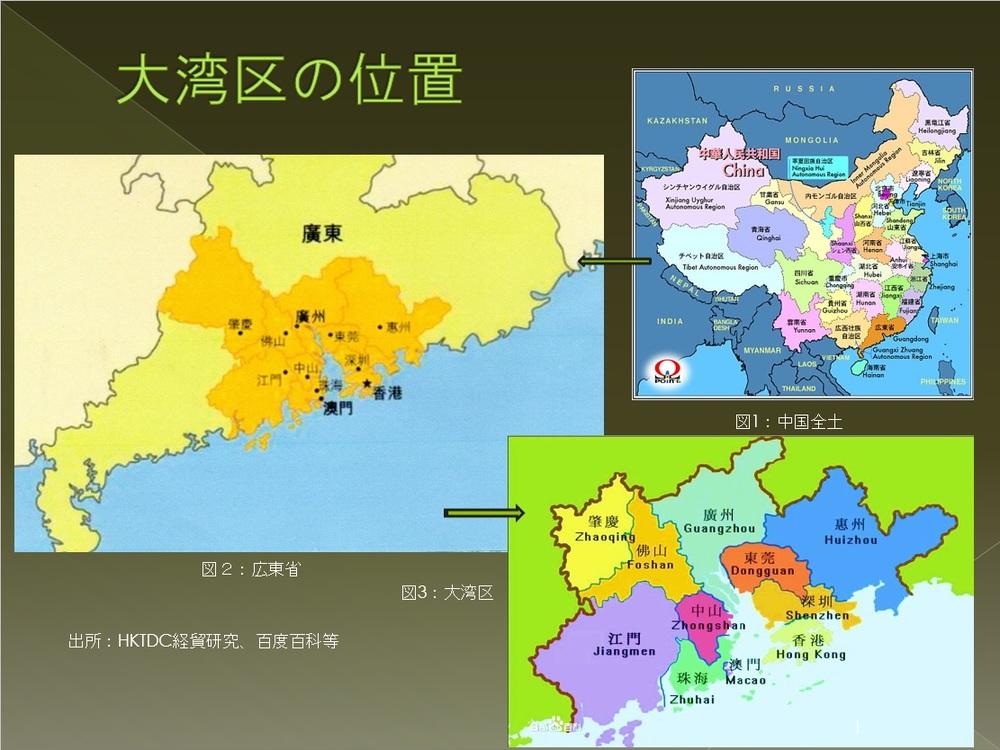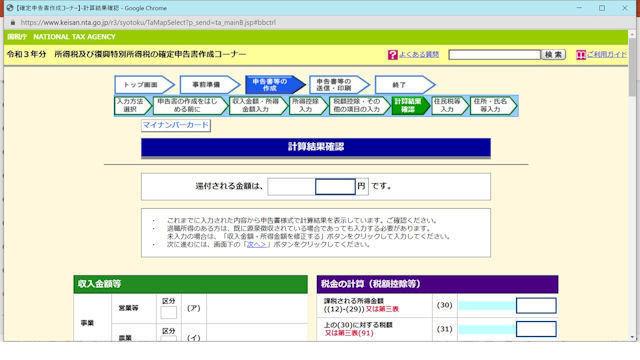What is "distance" and "weakness" that create rich ecosystems (Shinchosha Forsight) --Yahoo! News
delivery
0コメント0件Ken Suzuki and Morita Morita from the left

In 2005, I wrote a book called "Mathematical Body". One of the protagonists of this book is Mathematician, Alan Turing. In the first half, in the first half, the history of Turing's concept of "calculation possibilities" was drawn based on mathematics and physical relationships (in the second half, the relationship was considered from another angle through the thoughts of Kiyoshi Oka and his life). Five and a half years later, he was able to publish his second work, Calculation Life, which has been working since his previous work. In this book, one of the goals was to draw a major turnaround between mathematics and logic in the 19th century, especially the swelling of mathematics from Lehman to Frague. In the 19th century, my interest was concentrated in Germany, which is indispensable in considering the birth of Frage's "artificial language", considering the potential and limits of modern "artificial intelligence". Because I thought it was. In order to draw the "computational history" before and after, based on flaging's lifetime, it was necessary to go back to Kant and Descartes' thoughts. It was five years to continue diving in history, but when I finally wrote this book, it was the first to be the author of "Smooth Society and its enemy" (Keiso Shobo), a philosopher who is also a learning teacher. I sent it to Ken Suzuki, a businessman. Until now, Ken Suzuki has been very active in the business world as a representative director of smart news whose corporate valuation has reached ¥ 200 billion, but originally a researcher specializing in complex physics. He is also a philosopher who concepts a future society based on its own perspective and fundamental consideration of life. The news aggregation application "Smart News" is an attempt to eliminate the division of modern society to "smooth" using information technology while steadily raising track records as a fast -growing business on a global scale. There is Ken (and I always call) philosophical thoughts and the continuation of the ground. I myself met when Ken was a researcher who belonged to the University of Tokyo, and I learned a lot as one of the founding members of the company she first launched. The activity of philosophy and business is an inevitable consequence of ideas rooted in physicality, and as I am more and more busy, I can exchange ideas with Ken. I'm always looking forward to it. After publishing, I was able to hear about this book for the first time only three months after publication. When I returned from a business trip to the United States, I exchanged words for about two hours in a smart news office in Shibuya. On the way to Tokyo, I was very excited. In the first place, the interest in the concept of "calculation" was met with Ken and was nurtured under the thought. How does he perceive this book? I had been buried in the past for too long, and I needed to take the words and thoughts of Ken's words and thoughts that run through the present. At the end of July, the course of the typhoon, which I was worried about, was off. I went to Tokyo for the first time in a long time, exciting my tension and expectations. (Morita Morita)*Suzuki: I read "Calculated Life", finally. I read this weekend. Morita Thank you. Suzuki was interesting. I wasn't very familiar with Lehman and Frage, so I learned a lot. Morita That was good. I was relieved to hear that. How rich the concept of "calculation" has a rich spread is that I met Ken when I was still a humanities student and was taught through various dialogue. In this book, this concept has been constructed to be built through its history. In particular, what is decisively important is the existence of fleage. If you are interested in philosophy and logic, I don't think anyone knows flayage, but given the intense impact he gave to the modern world, Fleage is a wider context. You should be told. I don't know how far it has achieved, but this was one of my great motivation to write this book. Suzuki Frague is one of the trends of the history of language philosophy. Fleage pursued the ultimate "language" potential in the formal sense, and the history of language philosophy is the peak of the philosophy from Frague to Russell. From there, isn't it a "U -turn"? In this place where the history of mathematics and the history of philosophy intersect, what they were thinking and what they were trying to do, this book was carefully organized and it was very interesting.
次ページは:数学史は生命史を反復しているのかPage 1/4
最終更新:新潮社 フォーサイト notebook-laptop
notebook-laptop






